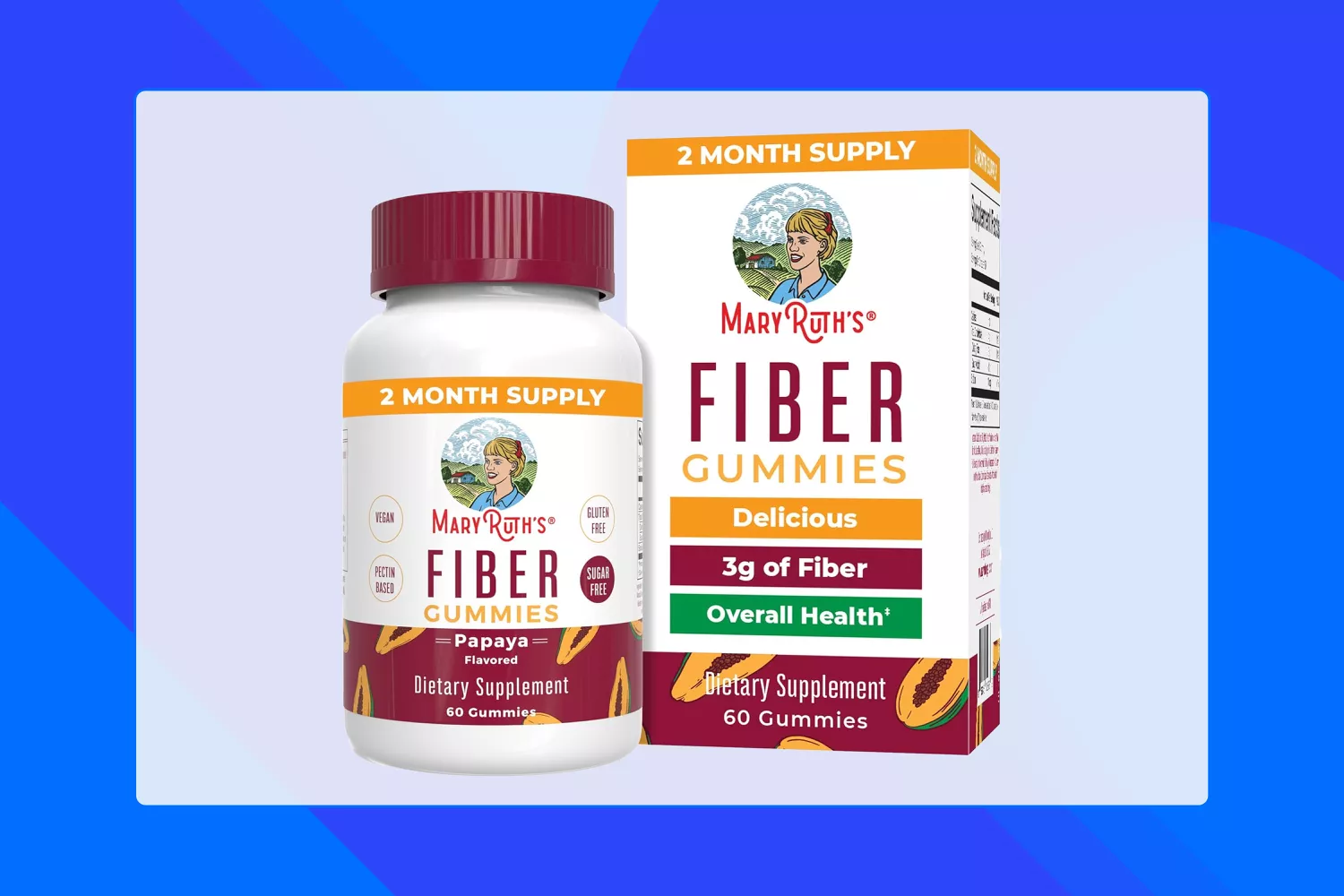For many Americans, the most effective means to get up is with a fresh cup of made coffee. This has turned the caffeinated drink right into a social cornerstone across the country. But also for as lots of cups of coffee poured on a daily basis in America, there are nearly as numerous coffee prep work techniques– and coffee add-ins.

You would certainly be stunned in all the different active ingredients people add to their early morning cup of joe to boost its taste, uniformity, or health and wellness benefits. Nonetheless, when it comes to coffee add-ins, not all alternatives are created equivalent, particularly in the health division. While some might provide advantages, others might in fact begin your day of rest on the incorrect foot. Below we’ll review what red flags to seek in a coffee add-in, in addition to the least healthy selections to avoid when prioritizing your general wellness.
8 Coffee Add-Ins That Are Sabotaging Your Wellness Goals
We’ve rounded up 8 of the least healthy coffee add-ins that can be sabotaging your health and wellness goals.
01
of 08
Flavored Creamers
There are some outrageously tasty coffee creamers out there, from cookie dough and birthday cake to mint chocolate and cinnamon roll. And while the taste of these might aid you jump out of bed in the morning, they regretfully won’t sustain your very best health. “Flavorful coffee creamers present difficulties, mainly due to their too much amounts of sugar and saturated, trans, or hydrogenated fats,” claims Sandra Avitia, MS, RD, LDN, signed up dietitian. “These ingredients can contribute to metabolic disorder, raised cholesterol degrees, boosted blood sugar level, insulin resistance, and weight gain.”
02
of 08
Walking stick Sugar
Though a timeless coffee addition, a spoonful or two of refined white walking cane sugar in your early morning cup won’t encourage total wellness. The American Heart Organization suggests females consume no more than 6 teaspoons (or 25 grams) of sugarcoated each day, and guys no more than 9 tsps (or 36 grams) to prevent all of its unfavorable health effects (highlighted in the future). Light drizzles of nutrient-added choices like maple syrup and honey are smarter wagers.
03
of 08
Non-Dairy Creamers
We have actually all seen (and most likely made use of) those little shelf-stable non-dairy creamer mugs before. However as it ends up, these benefits are bad choices when focusing on better wellness. “Non-dairy creamers regularly have corn syrup and hydrogenated oils– and commonly do not have dietary worth,” Avitia claims. “They might additionally consist of synthetic ingredients that can lead to systemic swelling.”
04
of 08
Flavored Syrups
Pumping flavorful syrup into your coffee drink in the morning is most certainly fun, making you feel like a barista in your very own home. Nevertheless, these tasty syrups remain in no chance thought about healthy. “Flavored syrups can significantly raise caloric consumption due to their high sugar web content, possibly leading the body to save these excess calories as fat,” Avitia says. And unfortunately, the sugar-free alternatives aren’t much better as notorious sources of sweetening agents.
05
of 08
High-Fat Dairy products
Whether it’s butter, half-and-half, or whipping cream, high-fat milk is mosting likely to present a hefty quantity of saturated fat right into your early morning mixture. While a sprinkle may not seem like a huge deal, this amount can accumulate if you’re having several mugs throughout the day, or choose a much heavier put. Ordinary, bitter plant-based milks with marginal components or low-fat milk options, like skim, one percent, or 2 percent, are far better substitutes that still produce a satisfyingly creamy coffee.
06
of 08
Powdered Creamers
” Powdered creamers frequently contain trans fats for prolonged shelf life in addition to synthetic tastes,” Avitia states. You’re additionally bound to locate a lot of preservatives and added sugar in a lot of these items. While the shelf-stable nature of these creamers is appealing, it’s better to count on subject to spoiling alternatives like bitter, low-fat milks for included creaminess in your coffee.
07
of 08
Sweetened Compressed Milk
As a decadent addition, sweetened condensed milk brings a rich, professionally-made feel to your day-to-day cup of coffee– nonetheless, it does not have any kind of compensatory health top qualities. “Sweetened compressed milk is an usual alternative to regular sugar in different cultures,” Avitia clarifies. “Nonetheless, it is high in sugar and saturated fats, which may boost the danger of heart disease and weight gain.”
08
of 08
Low-Fat Creamers
Our last health-sabotaging coffee add-in is low-fat creamer. While a seemingly clever grab for its low trans and saturated fat web content, low-fat creamers are deceivingly unhealthy. This is due to their typically overpriced added sugar material in order to maintain a desirable appearance and taste, touchdown all the pro-inflammatory effects of sugar in your morning mug of coffee.
What Makes a Coffee Add-In Healthy And Balanced (or Unhealthy)?
Though coffee by itself has lots of anti-inflammatory bioactive substances, the tastiest mix-ins typically interfere with these benefits. That’s because they’re frequently loaded with added sugars, artificial sweeteners, unhealthy fats, and secret active ingredients. Added refined sugars in the form of cane sugar, high fructose corn syrup, or dextrose are one of the most typical ingredients you’ll find blended right into coffee– either by itself or inside creamers and syrups. “High sugarcoated intake can result in higher calorie intake, unhealthy weight gain, insulin resistance, and systemic swelling,” states Avitia. The healthiest coffee add-ins will certainly be devoid of fine-tuned sugars.
While this might lead you to assume that sweetening agents are a smart choice, they however aren’t better. “Sweetening agents or sugar alcohols, such as xylitol, erythritol, and sorbitol, might be included in coffee creamers to decrease sugarcoated and overall calorie content; nonetheless, they can often cause undesirable intestinal distress, such as bloating and looseness of the bowels,” states Newman. This is due to the adverse influences these components have on the gut microbiome– nevertheless, research study has additionally connected them to unfavorable metabolic health and wellness outcomes, like damaged blood glucose and insulin law.
Unhealthy fat sources, like trans and saturated fats, are also typically located in coffee add-ins. “Trans fats (i.e. hydrogenated oils/partially hydrogenated oils) interfere with cholesterol guideline by elevating LDL (low-density lipoprotein or ‘bad’ cholesterol) degrees and lowering HDL (high-density lipoprotein or ‘great’ cholesterol) levels, thereby boosting the danger of cholesterol build-up in the arteries– and the threat of cardiovascular disease,” Avitia states. Trans fats need to be prevented in all expenses, whether that be in coffee mix-ins or other foods.
While its effects are not as noticable as trans fats, hydrogenated fats can additionally enhance cholesterol levels, adding to heart disease danger. Regardless of there being some controversial evidence surrounding saturated fat and cardiovascular disease, it’s finest to restrict the nutrient as high as possible. “The Dietary Standards for Americans suggest that saturated fat intake should be limited to less than 10 percent of total day-to-day calorie intake,” Newman includes. This equates to no more than 22 grams each day for someone on a 2,000 calorie diet plan. Nevertheless, for coffee add-ins, it’s best to limit saturated fat web content to 3 grams or much less per serving
Lastly, we want to be wary of any type of mystery components located in coffee add-ins, like ingredients and chemicals that you don’t acknowledge, as they typically aren’t sustained by adequate long-lasting evidence to really understand their wellness implications. “Plus, research study has suggested that carrageenan, a typical artificial additive, can be pro-inflammatory and might aggravate inflammation in the gut,” Newman discusses.



